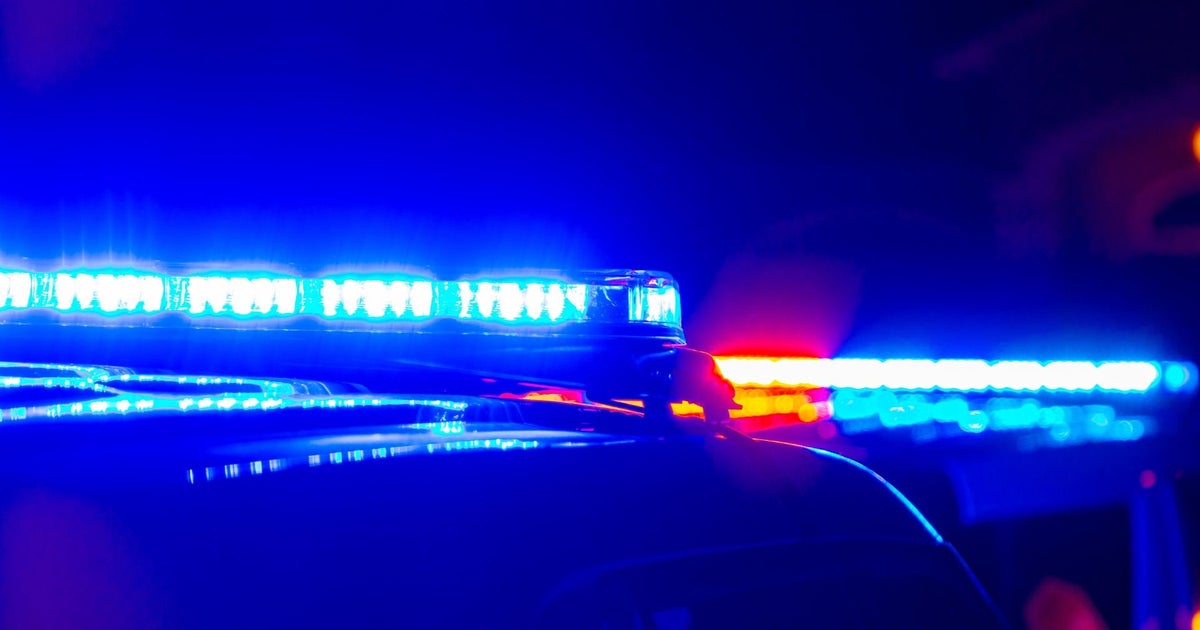COVID: Many in San Francisco Will Continue to Wear Masks Despite End of Federal Mandate
SAN FRANCISCO (KPIX) -- People traveling by bus or train in downtown San Francisco Monday were split on whether they'll keep wearing masks after the federal mask mandate was ruled invalid by a federal judge in Florida.
Late Monday morning, U.S. District Judge Kathryn Kimball Mizelle in Tampa voided the Centers for Disease Control and Prevention's requirement covering airplanes and other public transit, saying the mandate exceeded the authority of U.S. health officials.
By Monday afternoon, the Transportation Security Administration announced it would no longer enforce the federal mask mandate from the CDC after the ruling.
"COVID ain't going away. For your own personal protection. I suggest you wear a mask," said Robert Dekelaita, a downtown worker often around public transportation stations. "The risk is too great. I've had friends die of COVID."
In the judge's ruling, the court acknowledged the agency's policy explaining the benefit of a mask in reducing COVID-19 transmission. But the judge said that was not enough of a reason to continue requiring the face covering.
"Due to today's court ruling, effective immediately, TSA will no longer enforce its Security Directives and Emergency Amendment requiring mask use on public transportation and transportation hubs," the agency said in a statement. "TSA will also rescind the new Security Directives that were scheduled to take effect tomorrow."
Doctors reacting to the decision said they still see a value to wearing a mask when using public transportation or traveling by air. Even with improved ventilation systems, a mask still makes a difference. Medical experts say as less people wear a mask, it will be even more beneficial for individuals to wear a mask.
"I think that not wearing a mask consistently makes things less safe for sure," Dr. Jorge Salinas of Stanford Health Care told KPIX 5. "I will continue wearing mask and I would recommend others who are interested in not getting infected to do so."
Looking at trends in the Bay Area, interactions with groups of 50 or more can be common on public transportation. Dr. Salinas argues based on the current spread locally that you are guaranteed to come into contact with someone who has COVID if you use the service three to four times a week.
"I wear the mask all the time and still, vaccinated, and still got COVID," said Darrius Williams, an Oakland resident who uses public transportation.
Some passengers say they will continue to wear a mask if required but they worry the effectiveness has decreased at this point in the pandemic.
"This is obviously a disappointing decision," said White House Press Secretary Jen Psaki. "The CDC continues recommending wearing a mask in public transit."
The White House said it is reviewing the decision. Even before the judge's ruling, the airline industry has called for an end to the mandate and leaders argued it was the right moment for a change.
"We've done it for two years and it's time to move beyond on that and now make that the responsibility of individuals." Delta CEO Ed Bastian said in an interview with The Washington Post.
The ruling appears to allow transit operators to make their own decision about mask requirements. So far, BART and SF Muni have said they would keep the federal requirement in place until further notice.
Following the TSA's announcement, a number of airlines have announced that they would drop the mask mandate for passengers and employees, with United Airlines, Alaska Airlines, American Airlines, Southwest, Delta, and JetBlue all saying masks would be optional.
Additionally, Amtrak announced that it would eliminate the mask mandate for its guests and train employees.



